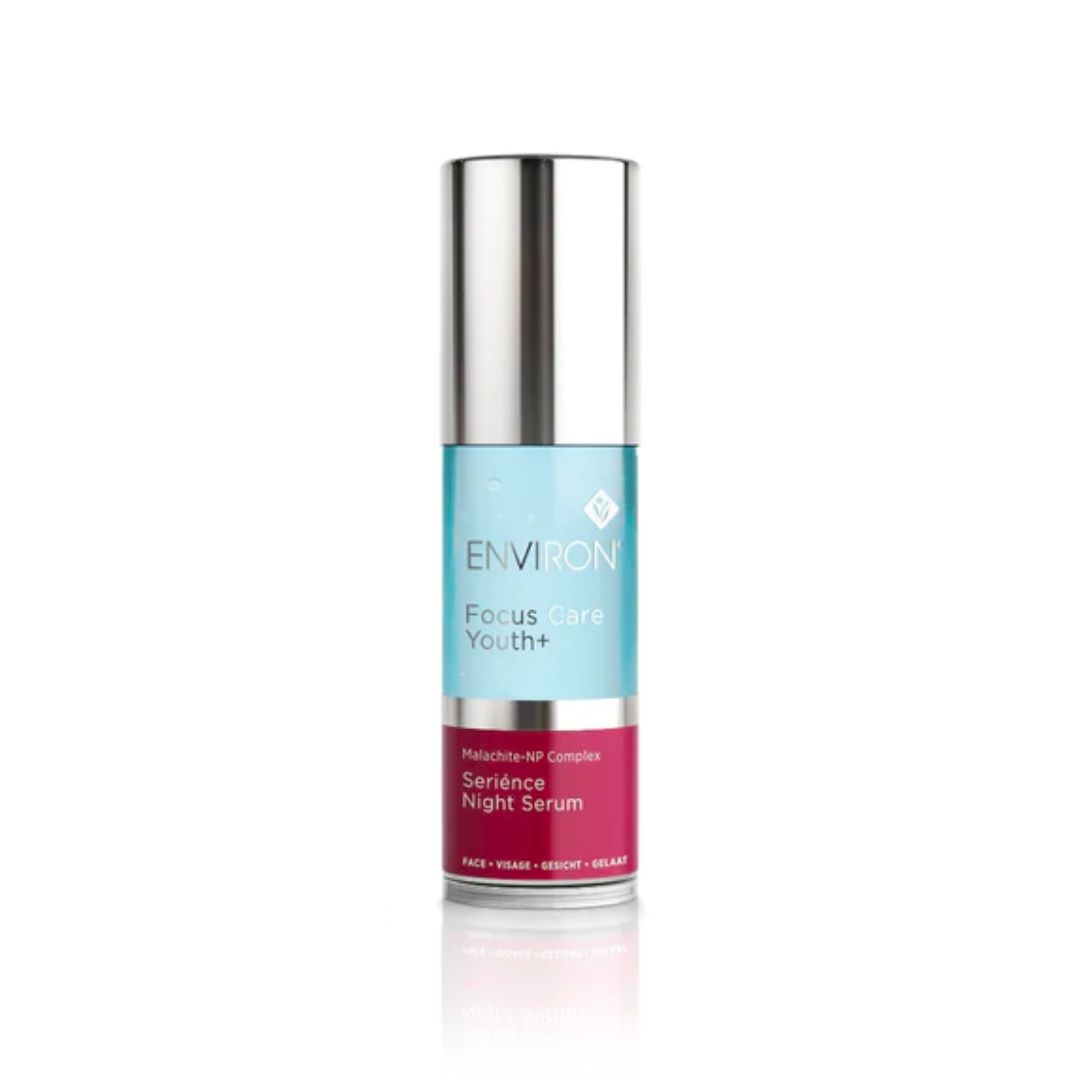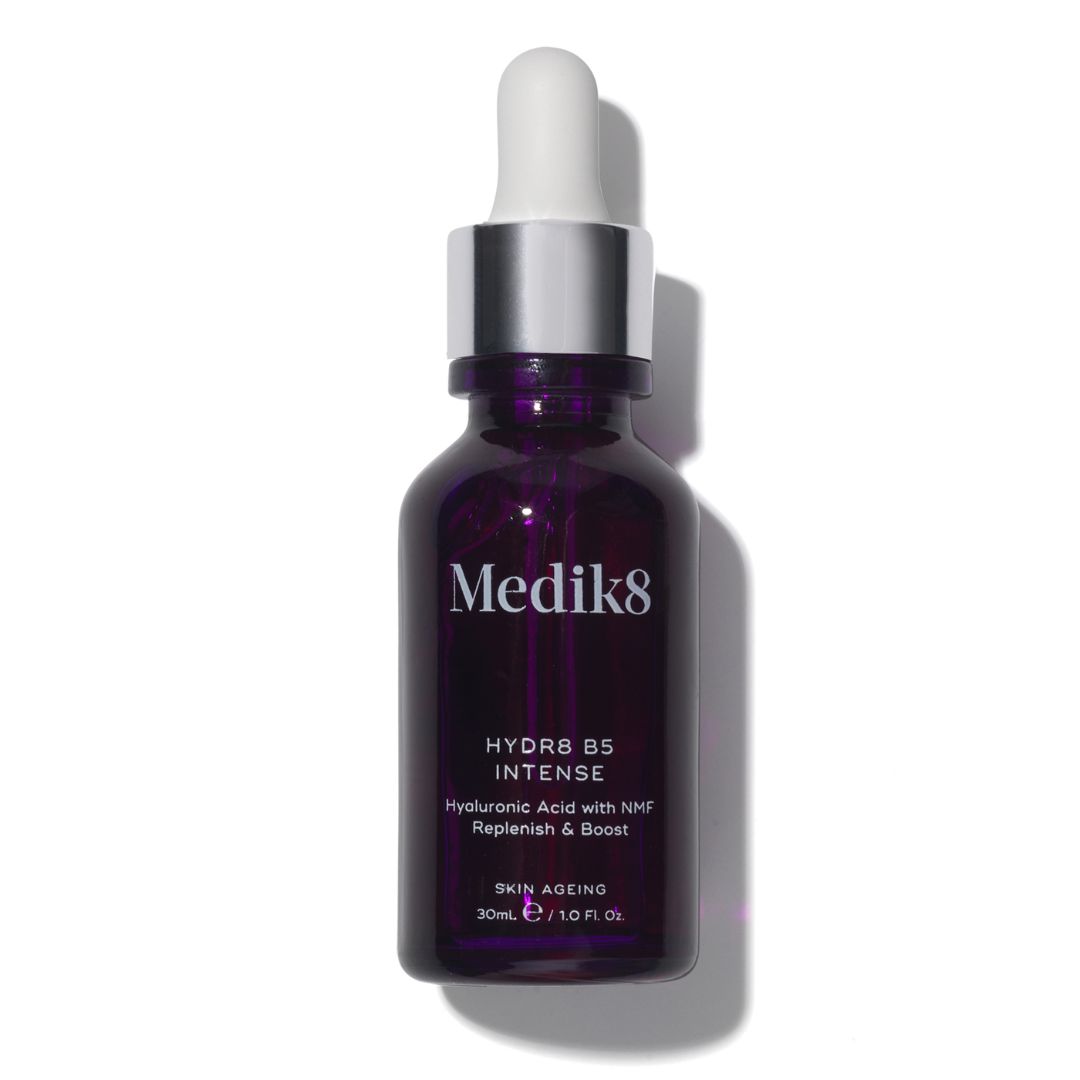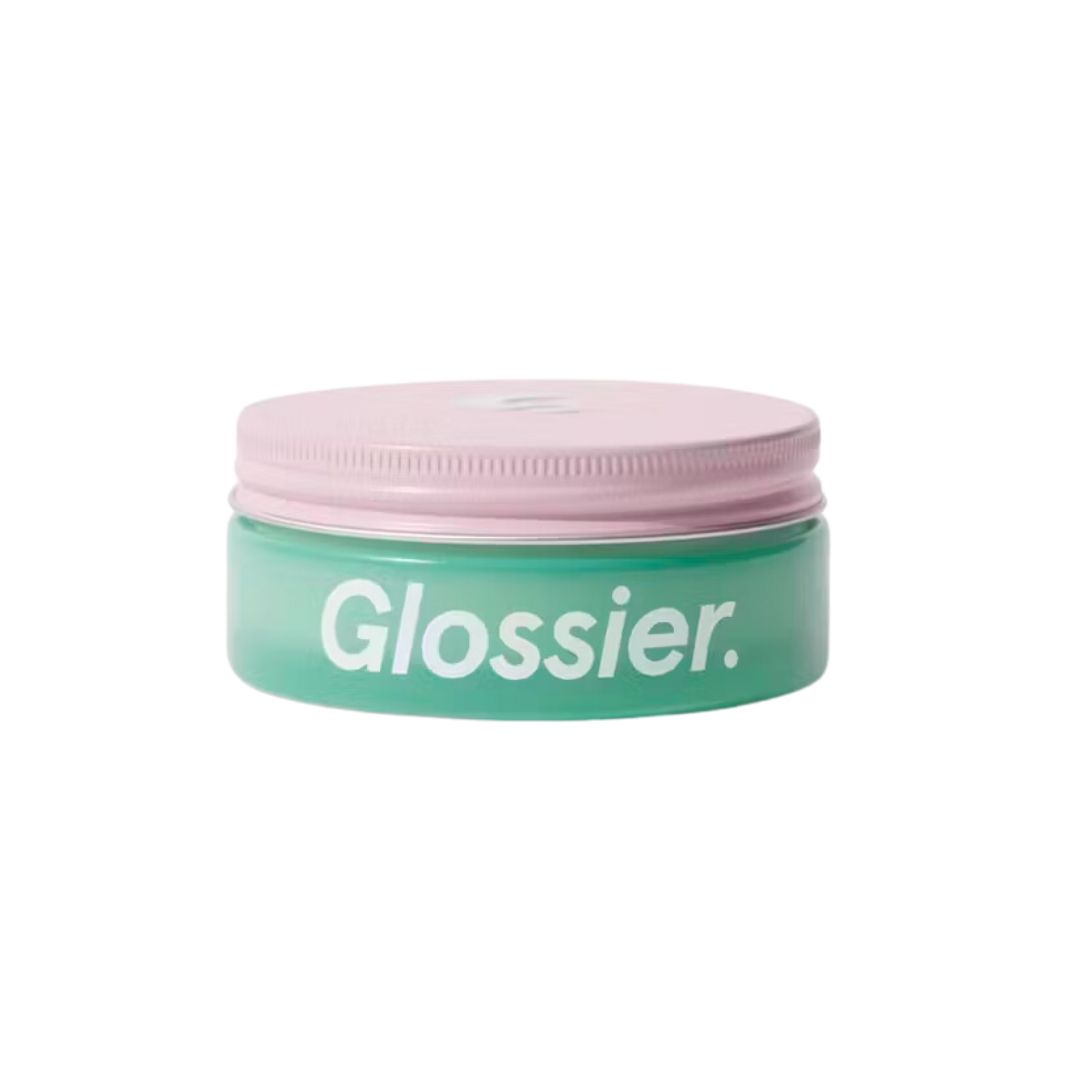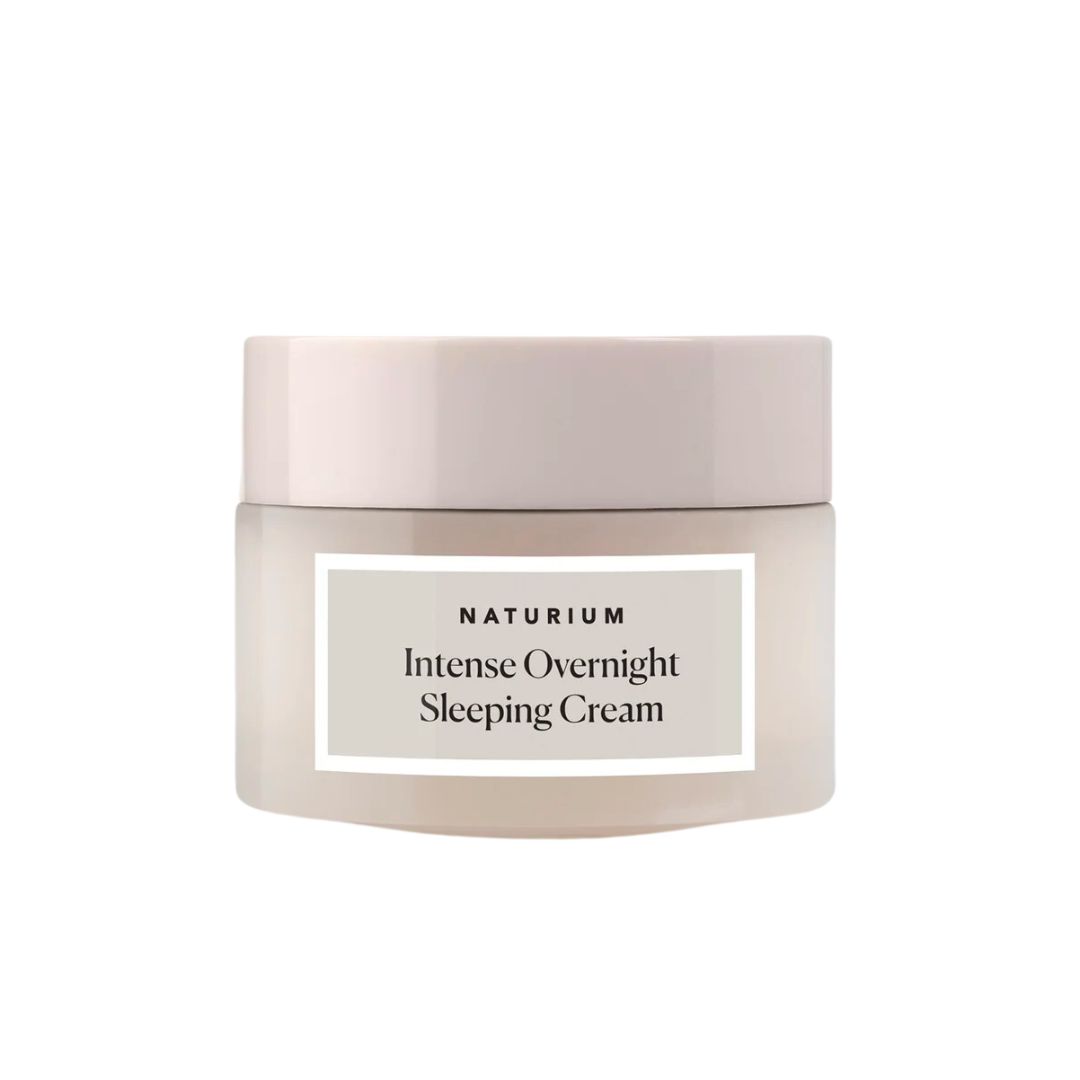The answer to your skin woes could lie in your night-time skincare routine - here's how to nail it in 3 steps according to experts
Consider this your go-to pre-slumber guide
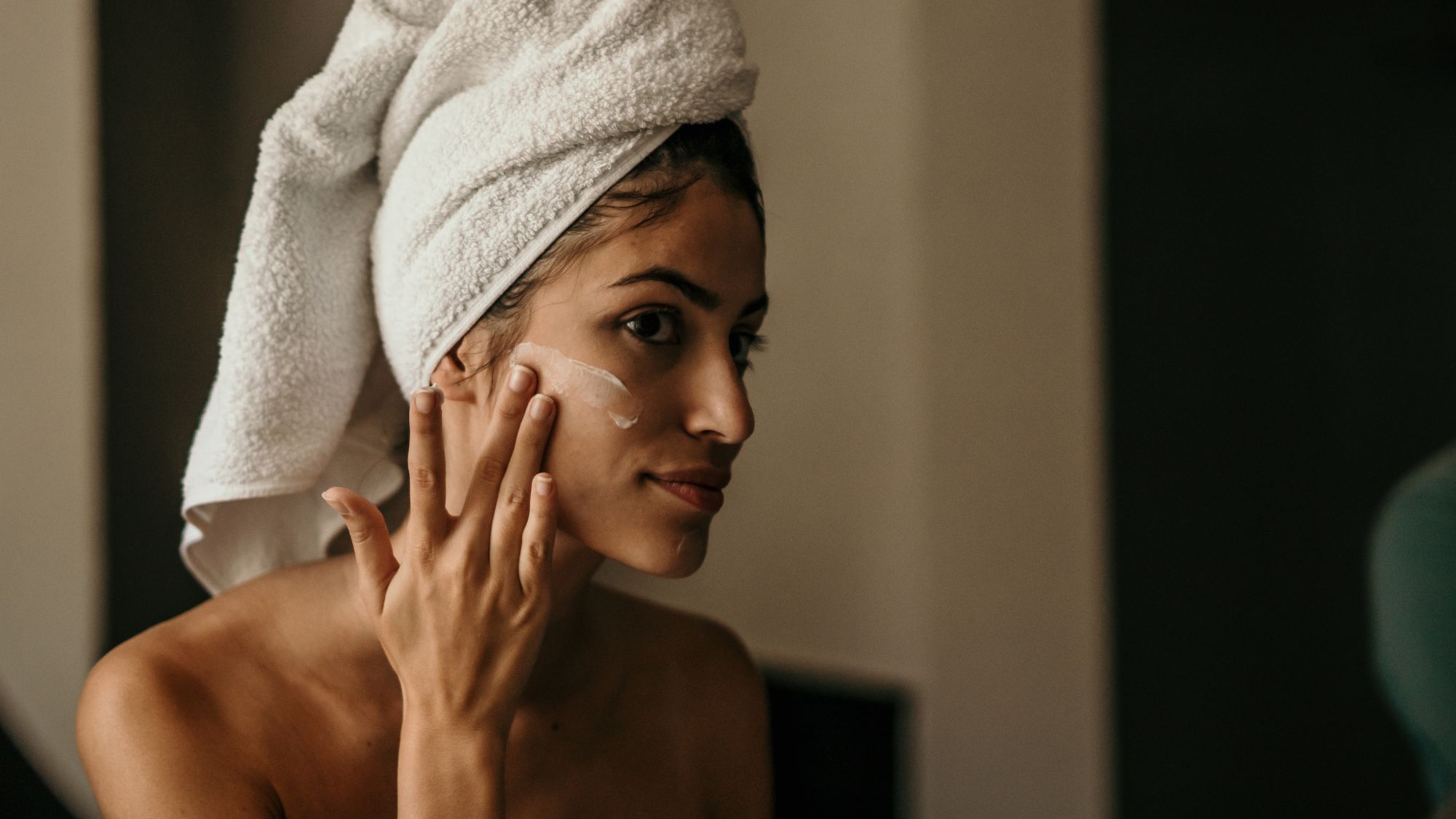

The days are well and truly Baltic, and the nights are dark and long – oh, so long. Unlike December, January is a month of fewer plans and encouraged self-care. What better way to utilise your an evening than by indulging in the perfect skincare routine? Taking the time to treat your skin right before bed with a hardworking night-time skincare routine is bound to lift the winter blues a notch.
As a beauty editor with chronic acne and eczema, it took me a long time – with lots of trial and error – to find my perfect night-time routine. If it wasn’t for my access to industry experts, I’d probably still be struggling. These days, I have it down to a simple three steps: cleanse (twice), treat with prescription cream, lock in moisture. Ahead, I speak to the doctors behind industry-adored brands like Dermatica, Votary and Muihood to help you find your dream routine.
What's the importance of a night-time skincare routine?
“To put it simply, a night-time skincare routine is a routine that has been specifically designed and tailored to an individual for use at night,” says Dr. Christine Hall, GP and Aesthetic Doctor at Taktouk Clinic. “Night-time is the time that your skin rests and repairs itself; skin cells regenerate the quickest at night, so this is when you get the most out of your skincare ingredients. It’s also a time when skin isn’t exposed to stressors like UV light, pollution, or even make-up and SPF.”
Arabella Preston, Co-Founder of Votary and Verden, further explains, “When you sleep, your skin goes into a natural renewal process so it is important to have a specific night-time skincare routine with products that enhance this process.” She also told me that this renewal process slows down as we age, making it even more important to use effective formulas to help speed it up. During our chat, she made another good point: we generally have more time in the evenings than we do in the mornings. “It makes sense to have a carefully considered evening routine and to take the time to double cleanse.”
According to Dr. Catriona Maybury, Consultant Dermatologist and Dermatica Medical Lead, “A night-time routine includes successfully removing make-up, dirt and pollution with effective cleansing. Cleansing is particularly important to remove the likes of sunscreen and sebum from the skin to prevent clogging of pores. Then apply a formula to enhance skin repair."
Don’t forget, an evening routine also offers up the chance to centre yourself and recalibrate, too. Charlotte Yau – founder of Muihood and firm believer in Traditional Chinese Medicine – treats her night-time routine as “a moment to slow down and cleanse the day’s energy away.”
Essential steps for the perfect nighttime routine:
When curating your perfect night-time routine, it’s easiest to strip it right back to just three key steps: cleanse, treat and hydrate. You can expand and tailor these steps if you want to, but you can also keep it super simple with just three products.
Marie Claire Newsletter
Celebrity news, beauty, fashion advice, and fascinating features, delivered straight to your inbox!
Within the ‘cleanse’ step, you could split it into a first cleanse and a second cleanse – one to remove make-up and one to really nourish the skin. Within the ‘treat’ step, you could choose an active serum or a cream, and then within the ‘hydrate’ step, you could choose a moisturising cream or oil to lock everything in.
Every expert I spoke to agreed with this simple three-step approach, and each placing extra importance on cleansing. “You cannot miss a double cleanse to prevent clogged pores and breakouts,” muses Yau.
The three steps of your night-time skincare routine
1. Cleanse
Double cleansing is particularly effective for make-up-wearers and acne-prone complexions. Hall confesses that she “just doesn’t feel clean” without a double cleanse. “Only by double cleansing do you truly remove all make-up, dirt and grime. Oil-based cleansers remove oil-soluble products whilst water-based cleansers remove all water-based products.” By using a balm or oil first, followed by a water-based cleanser, you’re giving your skin its very best chance to soak up later products and renew overnight.
Textures matter too. “While a typical night-time routine may be similar for those with different skin types, it is the key ingredients and textures that may vary. For example, every night-time routine should include a cleanser but those with oily skin may opt for a foaming cleanser, while those with dry skin may prefer a hydrating or cream cleanser,” explains Dr. Marisa Garshick, Skin Proud Consultant and Certified Dermatologist.
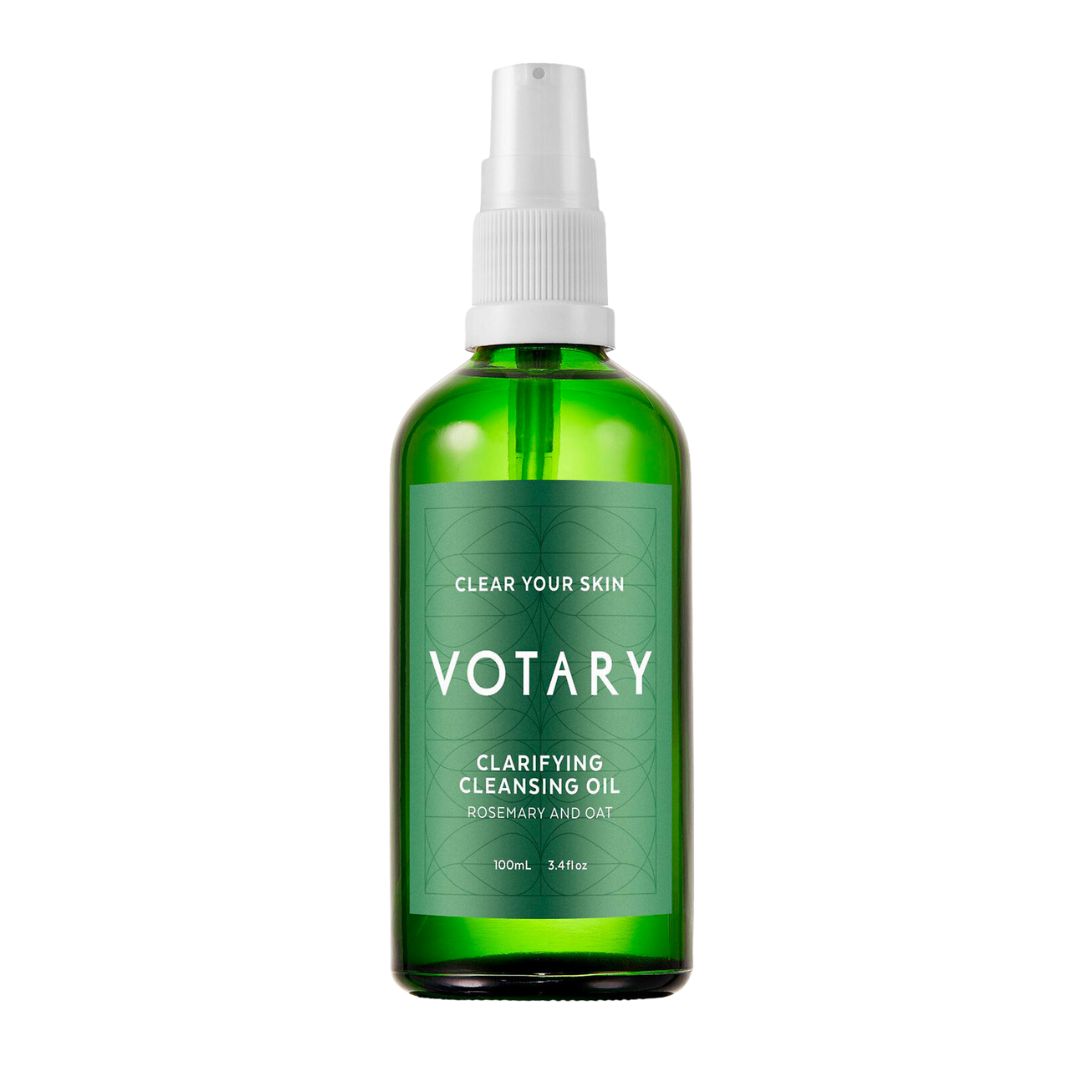
A beautiful cleansing oil designed with oily skin in mind, the brand harnesses the power of plant oils.
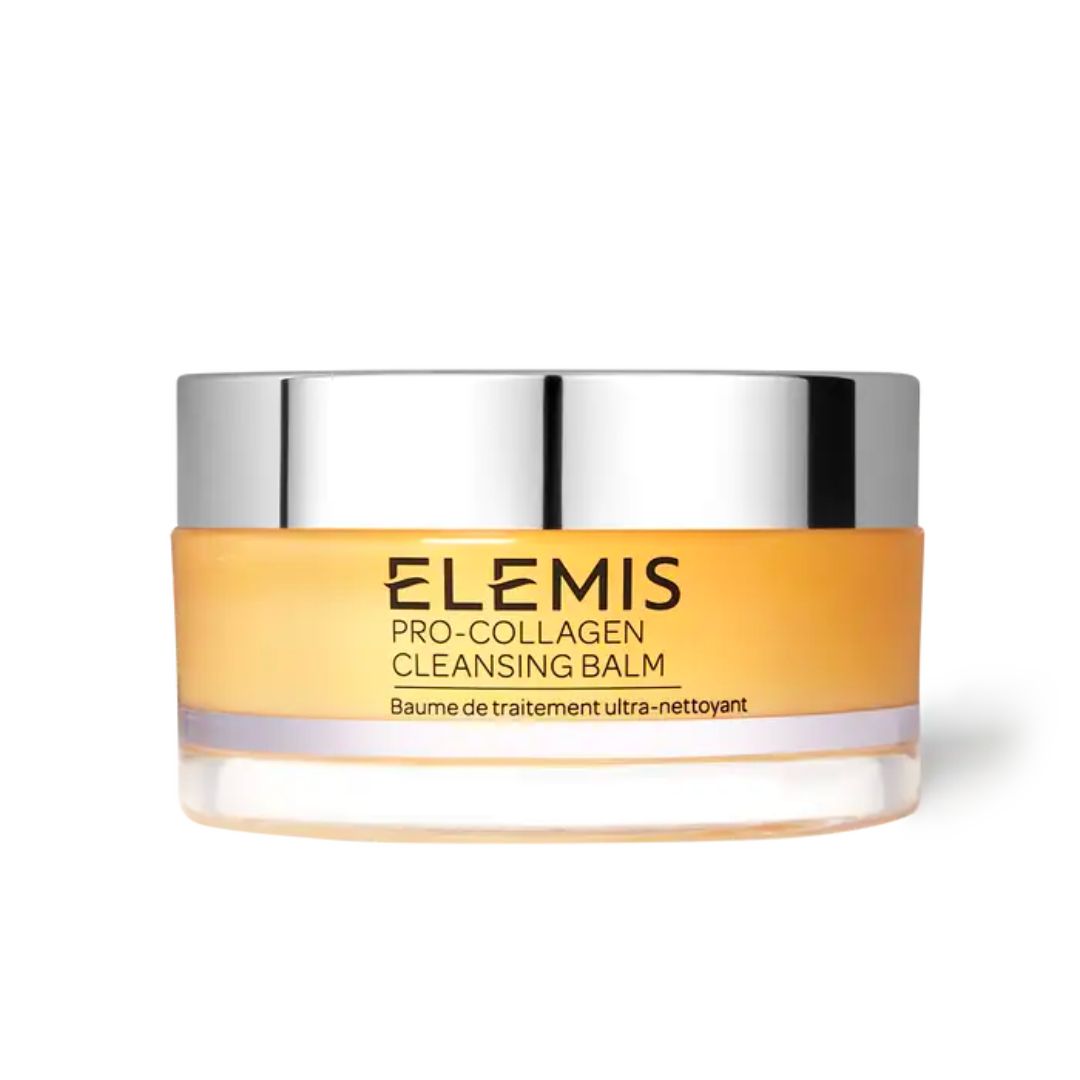
Arguably the most iconic cleansing balm on the market and a much-loved favourite of the Marie Claire beauty team because of its efficacy at removing the day's grime.
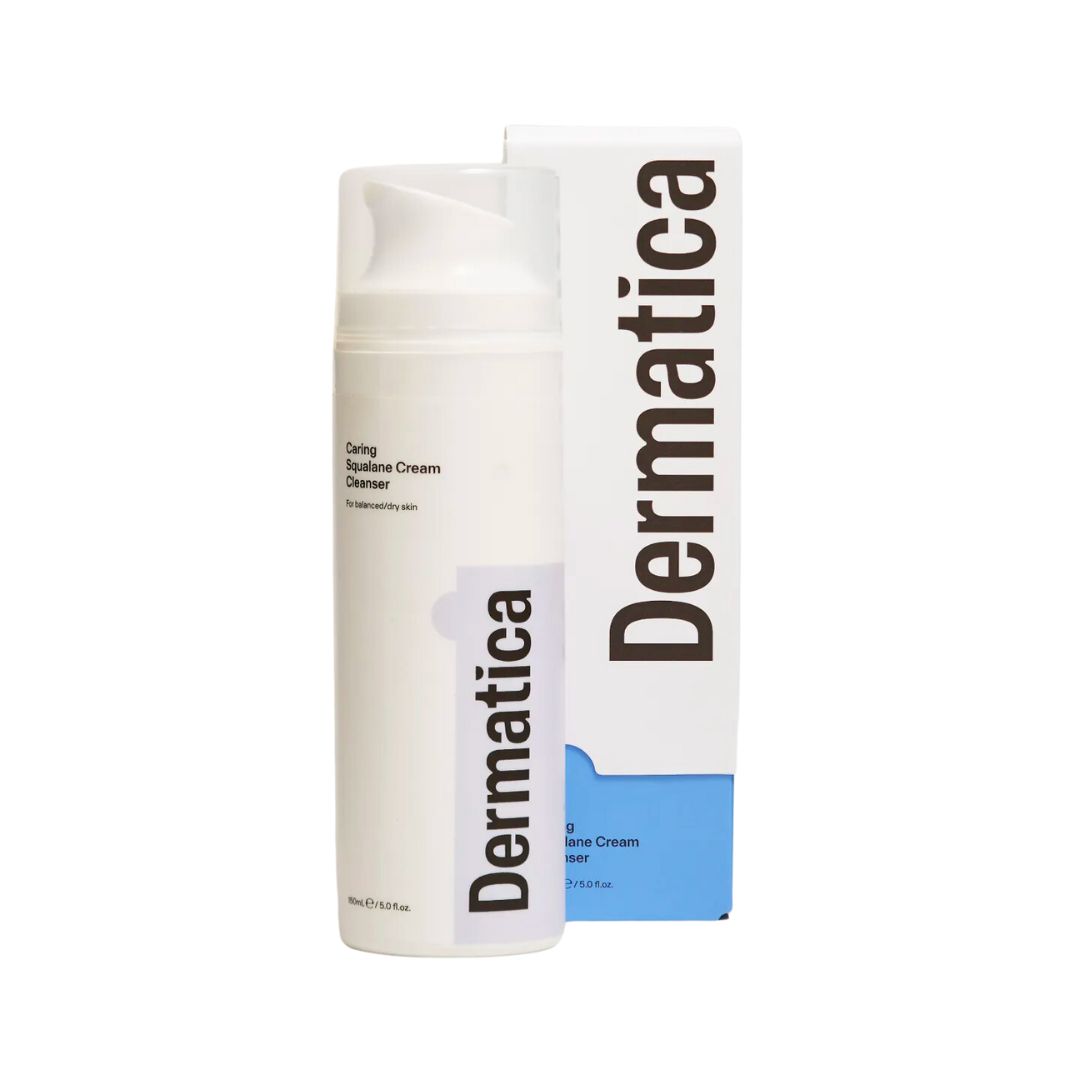
This is a hardworking cream-to-oil-to-milk cleanser that works beautifully to nourish dry skin thanks to squalane in the formula.
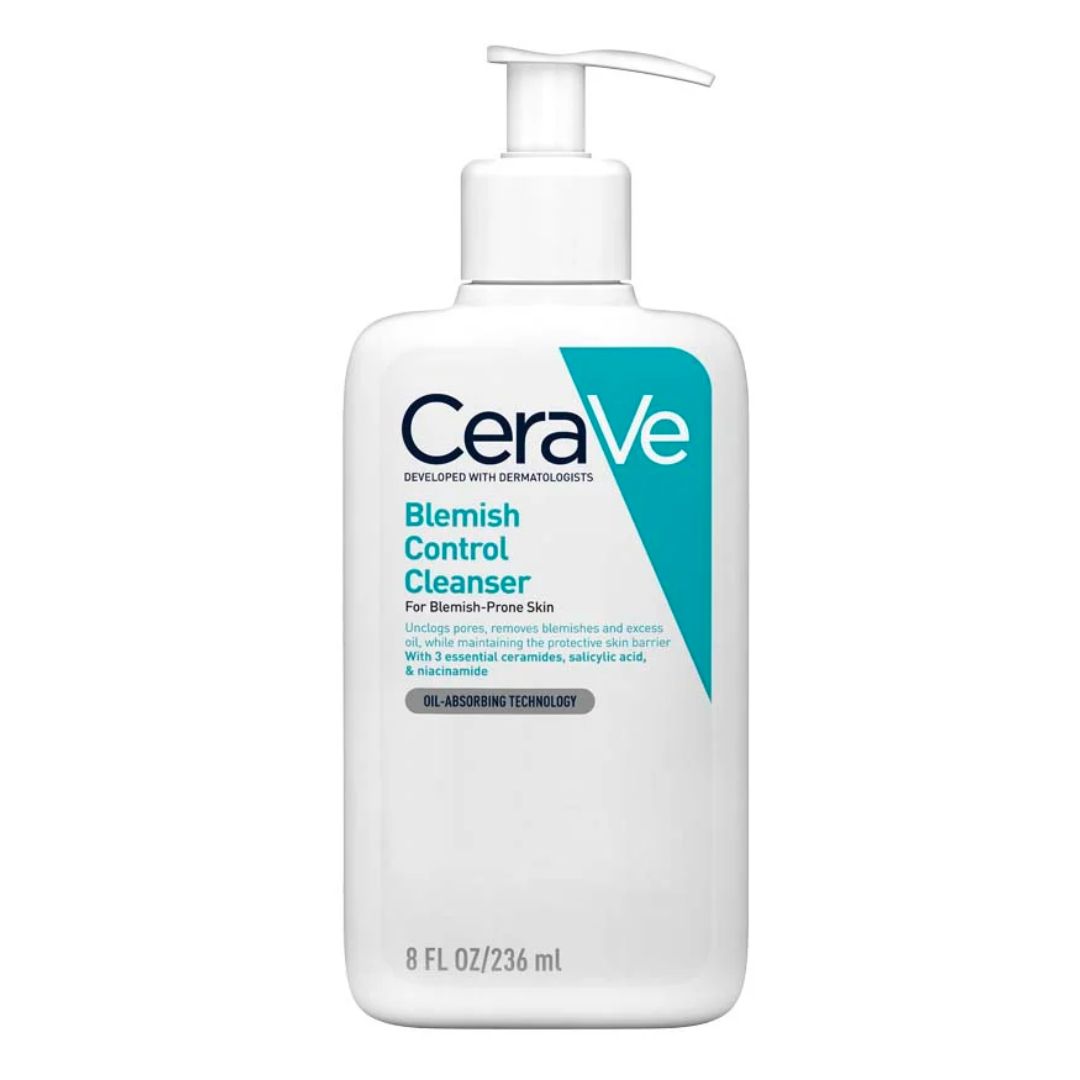
CeraVe cleansers are affordable and reliable. Whether you use this one for blemish-prone skin or the Hydrating Cleanser, both are fragrance-free, gentle and formulated with ceramides to help moisture retention and protect the skin barrier.
2. Treat
This three-step routine is a good baseline for most skin types, but it’s still important to take your specific concerns into consideration during the ‘treat’ phase. Maybury notes that you’ll benefit from a personalised formula or prescription from a dermatologist if you’re looking to treat conditions like acne or hyperpigmentation. If your concerns aren’t severe enough to warrant a trip to the dermatologist’s office, it’s still worth looking for serums that appeal to your skin type. Try a serum containing an exfoliant like salicylic acid if you’re prone to breakouts; if you’re worried about skin ageing, try a retinoid; for dark spots, opt for niacinamide or azelaic acid; for sensitised or dry skin, flood it with the likes of hyaluronic acid.
3. Hydrate
Choosing one of the best night creams can feel like a chore, but you want to find a texture that makes your skin feel comfortable. This step is all about locking moisture into the skin, so that you wake up to plumper, softer and happier skin.
What’s the difference between a daytime and nighttime skincare routine?
Hall tells me your daytime routine is all about setting skin up for the day – you want to protect it against the likes of UV light and pollution whilst also creating the perfect base for make-up. Your evening routine, on the other hand, is all about cleansing away the day’s dirt and products whilst helping your skin to recover. She also says ingredients and timings matter. “With some skincare products, timing is everything. For example, you use vitamin C in the mornings for its antioxidant protection against light, whereas retinoids are deactivated by light and so you use them at night time.”
Maybury tells me much of the same: “Retinoids and exfoliating products are particularly suitable for evening routines,” she says. “In the morning your routine will differ as you’ll want to use a [facial] sunscreen with a SPF 30 or above.”
You always want to follow any night treatments with an SPF the next day, especially if you have a darker skin tone. By nature, retinoids and exfoliating acids can be harsh on the skin, which can contribute to post-inflammatory hyperpigmentation – something that’s an even greater concern for people of colour.
Yau further explains to me the importance of a separate daytime and night-time routine from the perspective of Traditional Chinese Medicine. “We view the body's energy in terms of Yin and Yang. Yin energy is associated with rest, restoration, and night-time, while Yang energy is linked to activity and daytime.” You can’t have one without the other, and they should complement each other.
What are some common mistakes people make with their nighttime routine?
It’s easy to overdo it, especially with the wealth of conflicting advice available to us on TikTok. All too often we see someone’s filtered skin trying on an essence or serum, which we then buy and proceed to whack on at night along with every other formula we recently fell for. The resulting multi-step routine is fun but not necessarily effective.
“A common mistake people make in night-time routines is thinking that they have to use all of their active skincare at once,” says Preston. “It’s better to use just one serum that addresses your skin goals. You do not then need to add three or four products on top – it can be a three-step routine if you are using the right products formulated with the right ingredients.”
Maybury also expressed concern: “If you’re using a retinoid to treat your skin, you most likely won’t need further exfoliation in the way of BHAs or AHAs. This can be too much for certain skin types.” Basically, you don’t want to do so much that you end up causing new skin concerns.
Dr. Hani Hassan, Co-Founder of Hue, says layering too many products can actually reduce efficacy. “Using fewer products allows each to work more effectively without the dilution of actives. Ingredients are optimised to work at specific pH ranges. For example, acids like mandelic acid need to be at a specific pH to effectively exfoliate. Layering it with other more alkaline actives would make it significantly less effective.”
I know what you’re thinking – but what about the likes of eye cream and neck cream? Can I at least add those? Interestingly, none of the experts I spoke to were too worried about either. They said to use them if you want to, but it’s more important to get the three key steps down. Oils are another formula that quite a few experts don’t seem to care for.
“They aren’t as hydrating as people think,” explains Hall. “Oil and water don’t mix – oil actually repels water. Oils defy the rule of applying thinnest to thickest skincare first – what they do is create a barrier or an occlusive film, so if you apply them over your moisturising products they can help to increase or lock in some hydration. Conversely, apply them too early and everything you apply over the top will be useless as it will simply sit over the top of the barrier you have just created. Think of it like covering your face with cling film and then applying products over the top – they simply won’t be able to do anything.
“On another note, oils can be inflammatory in some people and trigger hyperpigmentation. They can aggravate those with oily or acne-prone skin. On the odd occasion, patients will tell me that oils are the products they swear by. For some they work – just make sure you’re using them as the final step in your routine.”
Toner is another product that the experts don’t deem as a nightly necessity. Garshick says, “While toner can be an effective step in a night-time routine, it may not be needed.” Instead, she suggests focusing on your lips, “Many people forget about their lips but applying a petrolatum ointment can be helpful to lock moisture in and provide a protective barrier.”
How does a night-time routine change with the seasons?
The same three core steps remain the same all year round, but the products themselves might change in terms of texture – you may want a richer, more hydrating cream to lock everything in during the winter, and a lighter one come summer. Your concerns might change with the seasons too – in the summer you might struggle with breakouts, but your skin could feel more dry in the winter. It’s important to routinely check in with your skin – what does it feel like? What are your current concerns? What does it need?
Dr. Maybury explains this in greater detail: “The same basics apply in the summer and winter in terms of a good routine of essential cleansing and moisturising products as well as a retinoid. In the winter you can suffer more with dryness, irritation, dullness or breakouts. We would recommend continuing your retinoid throughout the winter, but cut down on the frequency if you need to. Apply a richer moisturiser like Dermatica’s Nourishing Ceramide and Peptide Moisturiser – the ceramides, peptides, hyaluronic acid and fatty acids will help strengthen your skin’s barrier. Continue to wear sunscreen daily and skip harsh exfoliators like AHAs, BHAs and PHAs during the day.”

Humeara Mohamed is a freelance beauty editor and Marie Claire UK contributor. With nearly a decade of experience, you can find her work in Vogue, Refinery29, Grazia, Cosmopolitan, AnOther Magazine and Dazed. She’s also worked as a copywriter and consultant across brands like Cult Beauty, MAC Cosmetics, Estée Lauder and more. Though she writes about all things beauty, she's particularly obsessed with makeup – she simply cannot resist the allure of a new highlighter or green eyeshadow.
-
 Jonathan Anderson is going to Dior Men
Jonathan Anderson is going to Dior MenHis debut collection will be this June
By Mischa Anouk Smith
-
 I'm a 2025 bride and these are the best affordable wedding dresses I've found
I'm a 2025 bride and these are the best affordable wedding dresses I've foundLess than £1,000 but still the height of chic
By Sofia Piza
-
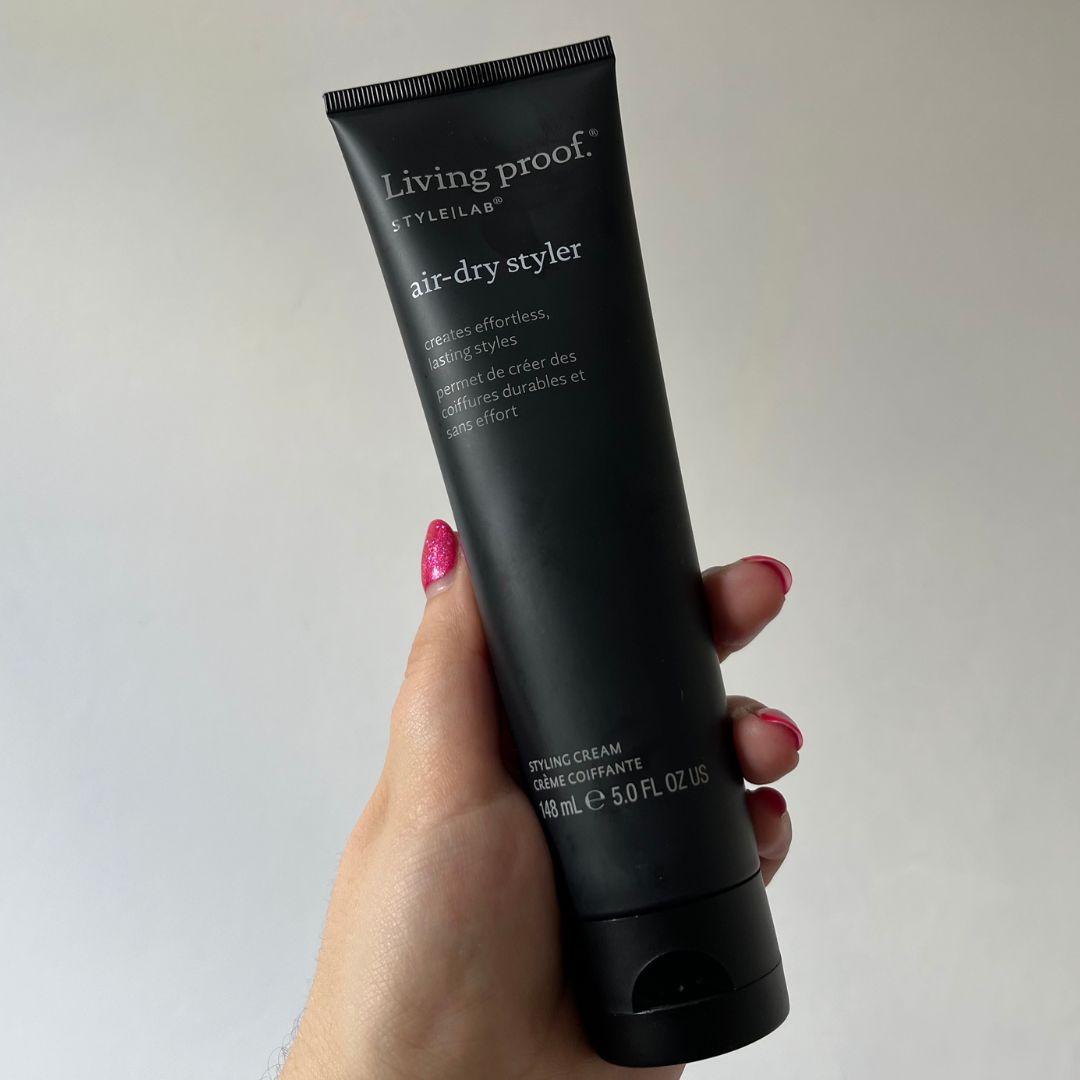 I haven't worn my hair completely natural for years, but this air-dry styling cream has made me love my waves again
I haven't worn my hair completely natural for years, but this air-dry styling cream has made me love my waves againI will never be without this
By Amelia Yeomans
